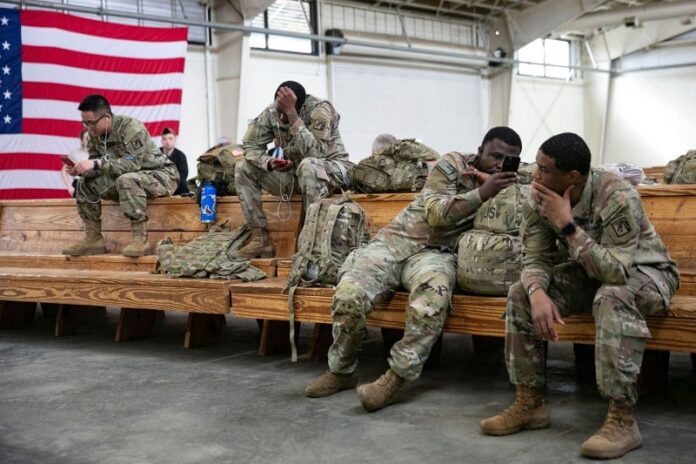Authors: Rajan Menon, Andrew Bacevich
Affiliation: Professor of Political Science at the Colin Powell School (City College of New York/City University of New York) and Senior Research Scholar at the Saltzman Institute of War and Peace (Columbia University); Professor Emeritus of International Relations and History at Boston University.
Organization/Publisher: National Interest
Date/Place: August 9, 2021/USA
Type of Literature: Analysis
Word Count:1560
Link: https://nationalinterest.org/feature/us-foreign-policy-restraint%E2%80%94what-it-what-its-not-191370
Keywords: Foreign Policy, America First, Restraint, Liberal Internationalist
Brief:
In this analysis, the criticisms made by the Liberal internationals to the Quincy coalition are criticized. The latest critique, written by liberal internationalists John Ikenberry and Daniel Deudney, is a critique of the Quincy community’s “restraint” approach to American foreign policy and the community itself. Liberal internationalists stress the importance of international law and institutions and interdependence. In this way, they emphasize that states should act together and cooperate on important issues. At the same time, liberal internationalists as well as neoconservatives supported the US entry into Iraq and produced arguments on this issue. Advocates of restraint, on the other hand, criticize that the Iraq war did not bring stability and democracy to the region, but only turned into a disaster. In contrast, liberal internationals deny responsibility by blaming the neocons. However, both neocons and liberal internationalists are in the same camp, drawing a mission for America to be a dominant force. Another criticism of liberal internationals is that restraint reflects Trump’s America First foreign policy. Whereas the proponents of restraint criticized the war in Afghanistan and Iraq before Trump became a candidate, on the other hand, they are not pacifists or isolationists. They can advocate the use of force in the event of a threat to national security. The restraint coalition, on the other hand, criticized the outward dominant thinking rather than focusing on inward problems of national security.
By: Esra Ibrahimagaoglu, CIGA Research Intern




